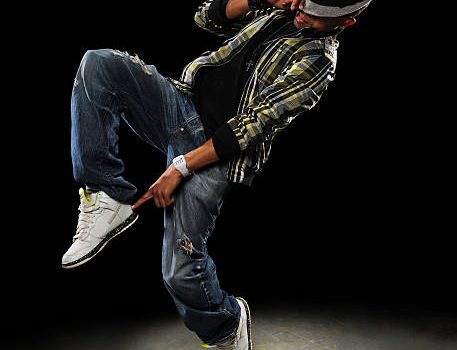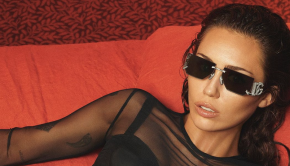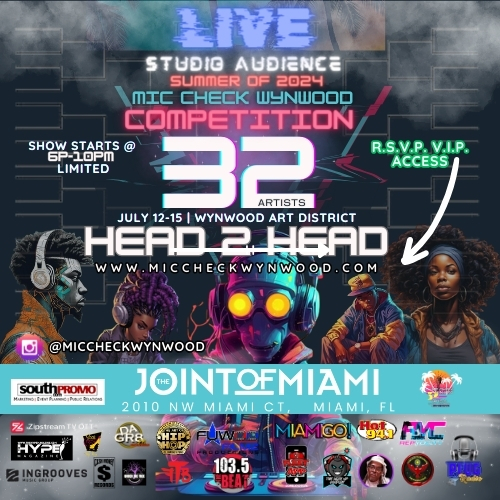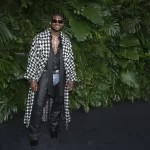Dope Digs: Hip-Hop’s Strong Influence on High-End Fashion
The influence of hip-hop culture on runway fashion is apparent and seems to evolve with intensity each time New York Fashion Week rolls around. Street culture has had, arguably, one of the largest influences on high fashion in the last several decades. The distinct style of streetwear deviated from the mainstream fashion world in new and interesting ways thanks in large part to the move that hip-hop music made from the periphery of subculture closer to the spotlight of mainstream society.
Read on for a closer look at the notable ways this music style imprinted the world of fashion in monumental ways.
The Remix of Apparel
Hip-hop artists took a page from the book of dancehall music in the late 1960s and utilize the technique of remix in which some basic elements of a song remain relatively unchanged while other elements are added, developed, or altered to create something new, yet reminiscent of the original. This practice bled into the core tenets of streetwear, where it became customary to mix designer apparel with workwear, simple basics, oversized pieces, or casual apparel.
Remixed apparel shows up on runways and catalogs today and steadily maintains its hip hop influence by marrying a luxury brand’s signature pattern, logo, or cut with a recognizable streetwear silhouette, clearly evidenced in high-fashion collections like DJ Khaled’s apparel collaboration with Dolce and Gabbana.
Streetwear as a Genre
More than just a music genre, hip-hop was, and is, largely a lifestyle. The urban artists of the 1990s had a significant hand in the transformation of typical workwear or sportswear, the kind that maintained durability and comfort such as white t-shirts, jerseys, sneakers, cargo pants, boots, and reliable blue jeans, into fashionable forms of self-expression. Customized streetwear of this era involved repurposed tracksuits, sneakers with unique laces, graffiti-inspired art painted on basic white t-shirts, and shirts or jackets with cast-off luxury brand fabrics added on like patchwork.
These customizations elevated streetwear into an art form and soon got the attention of the fashion industry. Soon, popular hip hop artists such as Sean Combs and world-famous athletes such as Michael Jordan were releasing their own fashion lines backed and distributed by industry moguls.
The Role of Music Videos
A number of popular hip-hop artists create music for millions of people with a lyrical emphasis on their humble roots. The rap and hip-hop music videos were perfect visual demonstrations of the juxtaposition of their obvious career and financial success and their off-duty, urban hometown aesthetics. These artists elevated clothing items that were previously considered to be appropriate only in casual, easygoing, or informal settings to in-demand symbols of status.
Today, sneakers can be considered a luxury clothing item, t-shirts are a large part of the high-end designers’ scene, and an oversized jacket can be a powerful personal fashion statement that conveys both a sense of style rebellion and trendiness at the same time.
New Icons
The moment high-end designers turned their attention to hip-hop artists, these stars were officially appointed fashion icons for a mainstream audience. From clothing collaborations and seasonal collections to artist-led ventures in hip-hop-inspired clothing brands, the genre’s influence is more prevalent than ever. What once began as a style that could only be found on the humble streets of urban cities now takes up a large portion of influence on the billion-dollar fashion industry.
The spread of hip-hop-inspired style throughout the landscape of fashion has also expanded its reach wider than the upper-class consumers who can typically afford designer goods and put it back in the hands of the people and cultures who led the movement in the first place. Now, thanks both to movements to make fashion more accessible and to the ease at which anyone can become a fashion icon through an internet presence, the fashion industry maintains the spirit of hip hop better than ever: that anyone and anything can be cool, artful, and stylish.
Tweet



































